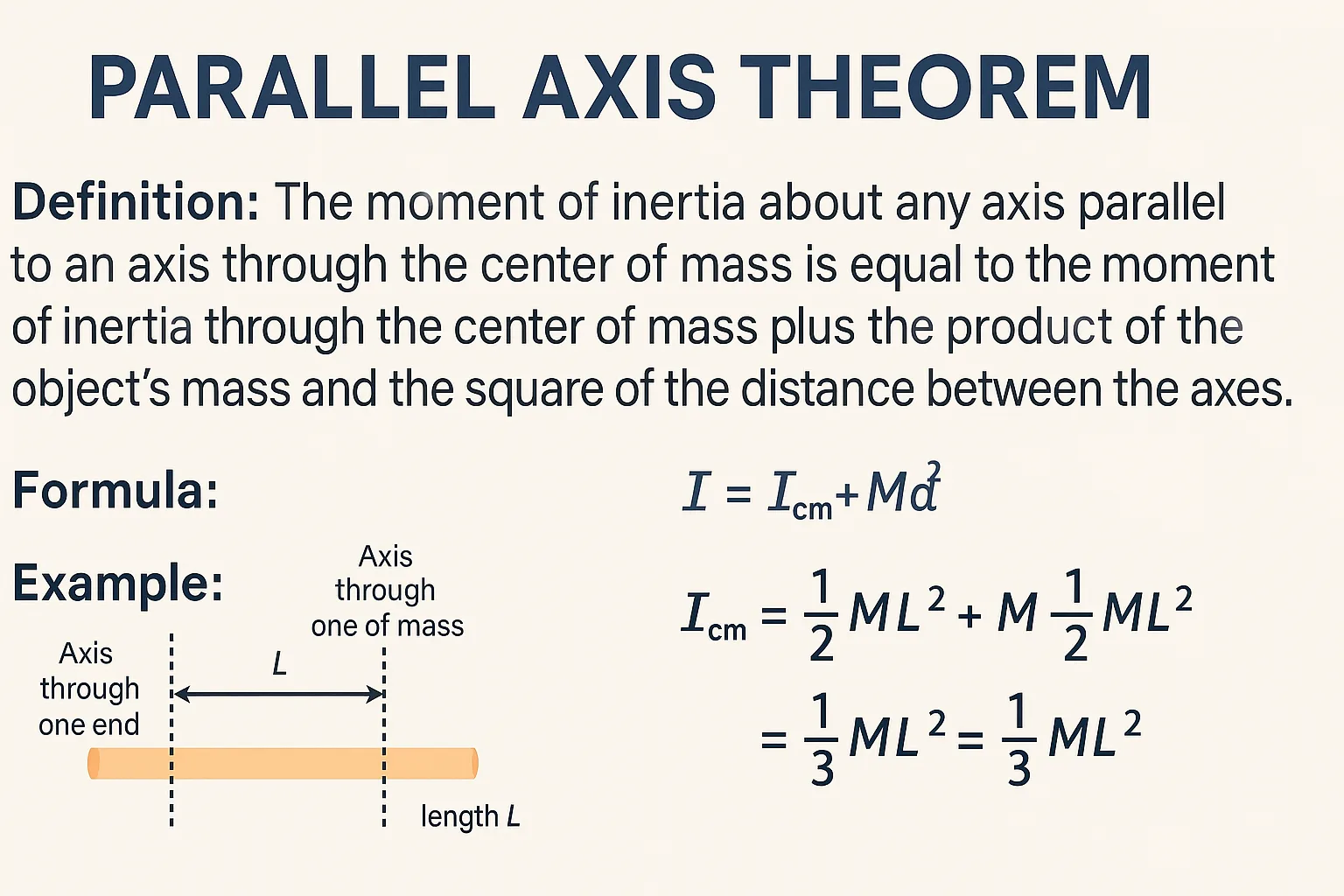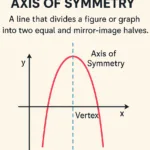Above
🔊 US Loading... 🔊 UK Loading...The word “above” is a versatile term in the English language, often used to indicate a higher position, superiority, or a greater value. It functions primarily as a preposition, adverb, or occasionally as an adjective. Below is a detailed explanation of its meaning, definition, and uses.
Definition of “Above”
- As a Preposition:
- Meaning: In or to a higher position than something; over.
- Example: The painting hangs above the fireplace.
- Meaning: Greater in number, amount, rank, or importance.
- Example: His performance was above average.
- As an Adverb:
- Meaning: In a higher place or position.
- Example: She looked at the stars shining above.
- Meaning: Earlier in a document or conversation.
- Example: Refer to the instructions mentioned above.
- As an Adjective (less common):
- Meaning: Situated in a higher place or of greater importance.
- Example: The above statement is true.
Detailed Meanings and Uses of “Above”
1. Indicating Physical Height or Position (Preposition/Adverb)
- Refers to something located at a higher level or position relative to another object.
- Example (Preposition): The clouds floated above the mountains.
- Example (Adverb): The eagle soared above.
2. Expressing Superiority or Higher Status (Preposition)
- Refers to being of greater importance, rank, or quality.
- Example: She holds a position above everyone else in the team.
- Example: This product is above its competitors in quality.
3. Numerical or Quantitative Superiority (Preposition)
- Indicates a value or amount greater than a specific number.
- Example: Children above the age of 12 need tickets.
- Example: Temperatures are expected to rise above 30 degrees Celsius.
4. Reference to Prior Text or Statements (Adverb)
- Used to refer back to something previously mentioned.
- Example: Please follow the guidelines listed above.
5. Moral or Ethical Superiority (Preposition)
- Refers to being beyond a particular standard, especially morally.
- Example: He is above lying to get what he wants.
Synonyms for “Above”
Depending on the context, synonyms may include:
- Over
- Higher than
- Beyond
- Superior to
- Up
Antonyms for “Above”
- Below
- Under
- Beneath
- Inferior to
Examples of “Above” in Sentences
- Preposition (Height or Position):
- The clock is placed above the doorway.
- Preposition (Superiority):
- Her intelligence is above average for her age.
- Adverb (Position):
- The stars above sparkled brightly.
- Adverb (Reference to Prior Text):
- See the example mentioned above for clarification.
- Preposition (Moral Standard):
- He is above cheating, even in difficult situations.
Common Phrases Using “Above”
- Above all:
- Meaning: More than anything else; most importantly.
- Example: Above all, honesty is the best policy.
- Rise above:
- Meaning: To overcome challenges or difficulties.
- Example: She managed to rise above the criticism and succeed.
- Above board:
- Meaning: Honest, open, and legitimate.
- Example: The business deal was completely above board.
- Be above (something):
- Meaning: To consider oneself too good or ethical for something.
- Example: He is above gossiping about others.
- Look above:
- Meaning: To physically glance upward or figuratively consider a higher position.
- Example: Look above for the instructions on how to proceed.
Differences Between “Above” and Related Words
- Above vs. Over:
- Both can indicate a higher position, but above is often used for fixed locations, while over suggests movement or covering.
- Example: The bird flew over the hill. (movement)
- Example: The clock is above the shelf. (fixed position)
- Above vs. Beyond:
- Above often refers to physical or measurable superiority, while beyond implies going past limits or boundaries.
- Example: Temperatures above freezing.
- Example: His ideas go beyond conventional thinking.
Conclusion
The word “above” is a crucial part of the English language, used to describe physical, numerical, and metaphorical superiority or position. Its versatility allows it to function in numerous contexts, from describing a higher physical location to indicating ethical standards or referencing previous content. Mastery of this term enhances clarity and precision in communication.
Relative words of ‘A’
| S.No | Words |
|---|---|
| 1 | A |
| 2 | Able |
| 3 | Ability |
| 4 | About |
| 5 | Above |
| 6 | Absence |
| 7 | Abroad |
| 8 | Absolute |
| 9 | Absent |
| 10 | Abstract |
| 11 | Abuse |
| 12 | Angry |
| 13 | Access |
| 14 | Annoy |
| 15 | Acceptable |
| 16 | Acceptance |
| 17 | Accede |
| 18 | Accept |
| 19 | Abusive |
| 20 | Academic |
| 21 | Approve |
Additional Insights

Parallel Axis Theorem – Definition, Formula, Derivation & Applications

Axis of Symmetry: Definition, Equation, and Real-Life Applications

X and Y Axis: Definitions, Graphs and Examples
Coconut Spanish Translation

Cashew Spanish Translation
Axis Definition and Meaning

Walnut in Spanish Translation

Almond in Spanish – Translation and Meaning
